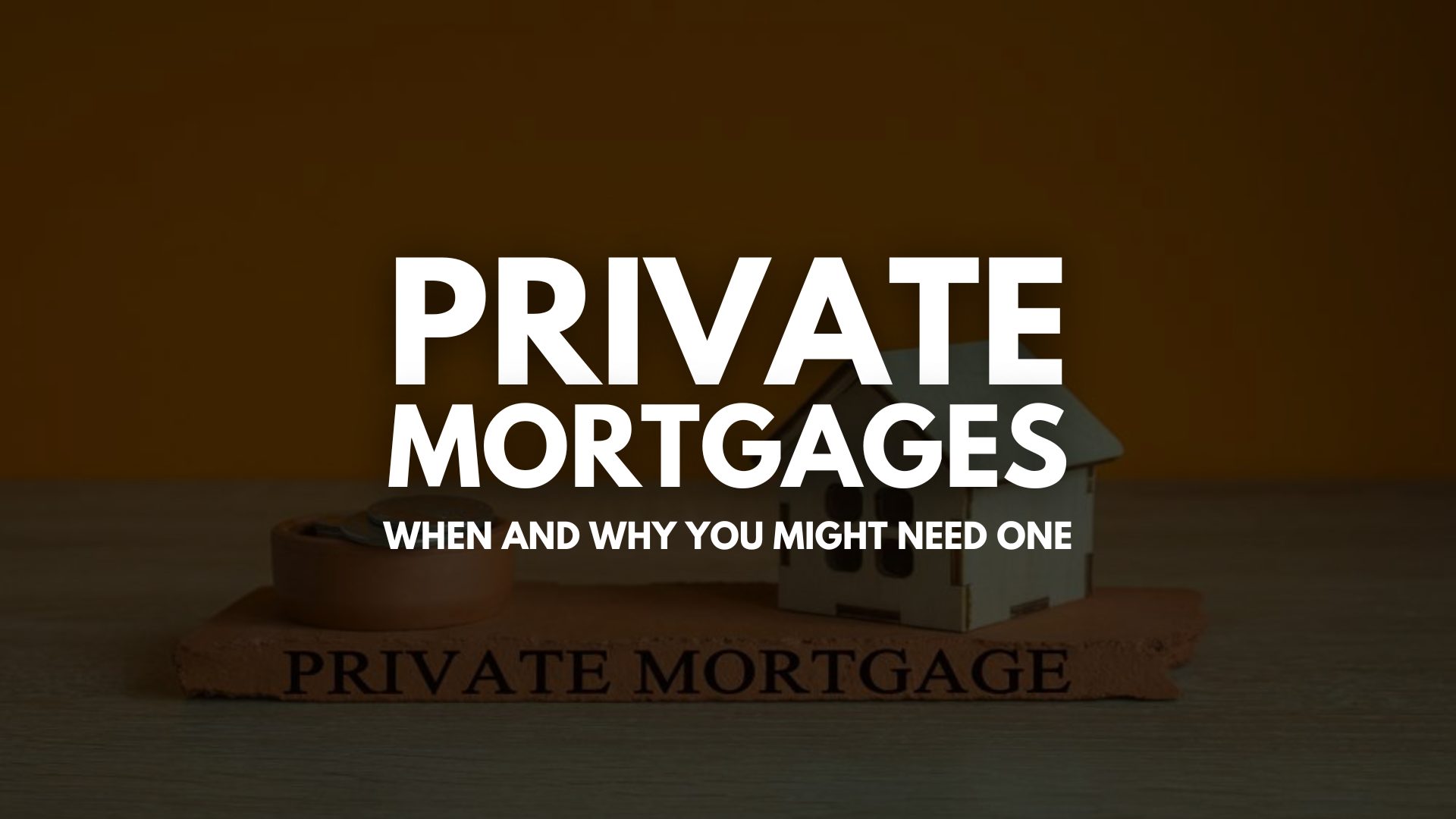What Is a Private Mortgage?
A private mortgage is a lending solution designed for borrowers who do not meet the stringent requirements of traditional lenders, such as banks or credit unions. Private lenders offer an alternative for those with poor credit scores, unconventional income, or other financial challenges. Traditional lenders base approvals on credit scores, debt levels, and income stability. Private lenders, however, provide more flexibility, but at higher interest rates and additional fees to compensate for the increased risk.
Why Would You Need a Private Mortgage?
If you’re struggling to pass the stress test or have been denied by a bank due to low credit or hard-to-verify income, a private mortgage might be your best option. This is especially relevant for those seeking a bad credit mortgage or a self-employed mortgage. Private mortgages can help you buy a home, refinance an existing mortgage, or consolidate debt by tapping into your home equity.
Who Might Need a Private Mortgage?
- Self-Employed Individuals: Proving income can be challenging for self-employed people. Traditional lenders often require extensive documentation, which can be difficult to provide. Private mortgages offer a solution with more lenient qualification criteria.
- Individuals with Poor Credit: If your credit score is too low for traditional lenders, a private mortgage might be your only way to secure financing.
- Recent Bankruptcy or Insolvency: Those who have gone through financial hardships like bankruptcy may find it nearly impossible to get a mortgage through conventional means.
- Emergency Funding Needs: In cases where quick financing is required, such as buying a new home before selling the old one, private mortgages can act as bridge loans to cover the gap.
Benefits and Considerations
Private mortgages offer several advantages, including more flexible approval criteria and faster processing times. However, they also have higher interest rates and additional fees, reflecting the increased risk for lenders. Typically, these mortgages require only monthly interest payments, leaving the principal untouched. This can result in lower monthly payments but also means the principal debt remains until you refinance or pay it off.
Tips for Navigating Private Mortgages
- Consult a Mortgage Broker: A knowledgeable mortgage broker can help you navigate the complexities of private mortgages. They ensure you get the best possible terms and conditions.
- Use as a Short-Term Solution: Given the higher costs associated with private mortgages, it’s best that you see this as a temporary solution. Aim to qualify for a traditional mortgage as soon as possible.
- Prepare Your Documentation: Even though private lenders have more flexible criteria, you still need to provide documentation. Be prepared with all necessary paperwork to expedite the process.
Private mortgages can be a lifeline for those who are unable to secure traditional financing. Whether you’re self-employed, dealing with poor credit, or need emergency funds, a private mortgage provides an alternative path to homeownership or refinancing. Always consult with a trusted mortgage broker to ensure you’re making the best financial decision and securing the most favorable terms available.





